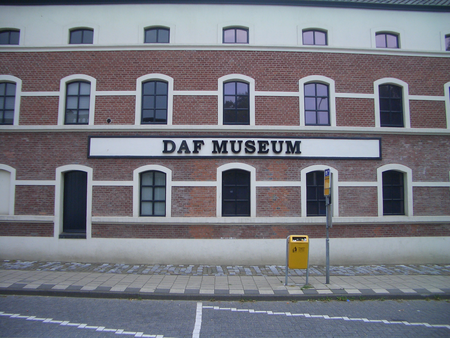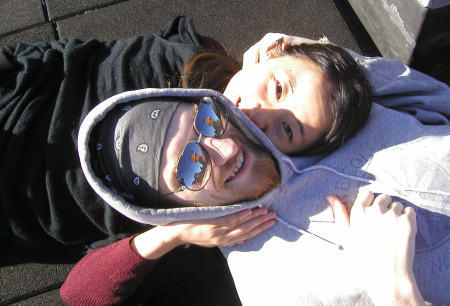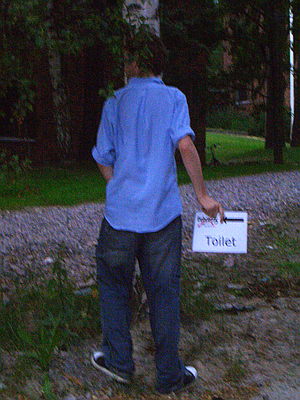(This is mostly reposted from an Advogato article I just submitted).
About a year ago, I posted an article on Advogato entitled, Towards a Standard of Freedom: Creative Commons and the Free Software Movement. In it, I argued that Creative Commons and the free culture movement were struggling to build a cohesive freedom movement in the way that free and open source software had succeeded in doing by never stopping to define the ground rules of the commons movement.
I argued that Free Software built a movement around calls for essential freedoms and against the actions of software producers who failed to live up to this standard. On the other hand, Creative Commons has argued for "some rights reserved" but never explained which rights were unreservable. In the process, they’ve done the invaluable service of creating a stable of powerful, internationalized licenses. But they failed to build the type social movement that some of us wanted. While this was never their goal, it left some people unsatisfied.
In a later version of the essay published in Mute Magazine, I concluded by stating:
Whether in unison or cooperating in separate groups, it is time for those those of us that feel strongly about freedom to discuss, decide, and move forward with our own free information movement built upon a standard of freedom. When we have defined free information in terms of essential freedoms, a subset of Creative Commons works and a subset of Creative Commons licenses will provide tools and texts through which a social movement can be built.
I’m thrilled to say that that day is now within sight.
A few weeks ago, Larry Lessig introduced me to Erik Möller, a Wikipedian who had read my article and was planning on launching the same project that I had been planning. It only seemed sensible to collaborate.
Today, we have launched a draft of a Free Content and Expression Definition online at freedomdefined.org. The website is a wiki and we welcome feedback, suggestions, and alternative versions of the document.
So far, we’ve have decided to stick closely to the freedoms of free software but are actively interested in updating these to be more relevant for other types of creative works. Of course, anything, even the name, can be changed at this point.
To guide us through the project of debating and further refining a definition are four moderators who will ultimately be called upon to resolve disputes and disagreements about what the definition should and will say. These moderators are myself, Erik Möller, Creative Commons General Counsel Mia Garlick, and Wikimedia Foundation Trustee Angela Beesley.
You can view the announcement of the definition, please take a look at:
To view the definition itself, please visit:






